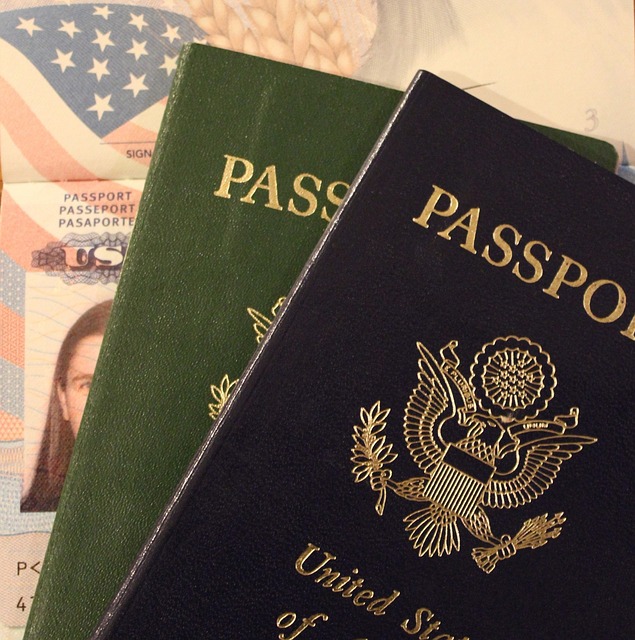Naturalization Process: Steps and Requirements

Naturalization is the process by which a foreign national becomes a citizen of a country. The process and requirements for naturalization vary by country, but generally involve several key steps, including residency, language proficiency, and passing a citizenship test. This guide provides a comprehensive overview of the naturalization process, focusing on common requirements and steps involved.
1. Eligibility Requirements
1.1. Residency
Most countries require a period of continuous residency before applying for naturalization.
- Duration: Typically ranges from 3 to 5 years, depending on the country.
- Physical Presence: Some countries require a minimum number of days physically present in the country during the residency period.
1.2. Age
Applicants must usually be at least 18 years old to apply for naturalization.
1.3. Good Moral Character
Applicants must demonstrate good moral character, which generally means no serious criminal convictions.
1.4. Language Proficiency
Proficiency in the country’s official language(s) is often required.
- Language Test: Applicants may need to pass a language test to demonstrate their ability to speak, read, and write in the official language.
1.5. Knowledge of the Country
Applicants are often required to demonstrate knowledge of the country’s history, government, and civic principles.
- Citizenship Test: A test covering these topics is commonly part of the naturalization process.
2. Application Process
2.1. Gather Required Documents
Prepare all necessary documents, which may include:
- Proof of Identity: Passport, birth certificate, etc.
- Proof of Residency: Utility bills, rental agreements, etc.
- Proof of Employment: Pay stubs, employment contracts, etc.
- Criminal Record Check: A clean criminal record from your home country and any other countries where you have lived.
2.2. Complete the Application Form
Fill out the naturalization application form accurately and completely.
- Fees: Pay the required application fees, which can vary widely depending on the country.
2.3. Submit the Application
Submit the completed application form and supporting documents to the appropriate government agency.
- Processing Time: Processing times can vary from a few months to over a year.
3. Interview and Testing
3.1. Biometrics Appointment
Some countries require applicants to attend a biometrics appointment to provide fingerprints, photographs, and a signature.
3.2. Interview
Applicants are usually required to attend an interview with a citizenship officer.
- Purpose: The interview is to verify the information provided in the application and assess the applicant’s eligibility.
- Questions: Be prepared to answer questions about your background, residency, and reasons for applying for citizenship.
3.3. Language and Citizenship Tests
Applicants may need to take a language test and a citizenship test.
- Language Test: Assesses proficiency in the country’s official language(s).
- Citizenship Test: Covers topics such as history, government, and civic principles.
4. Oath of Allegiance
4.1. Ceremony
If the application is approved, applicants are usually required to attend a citizenship ceremony.
- Oath of Allegiance: During the ceremony, applicants take an oath of allegiance to their new country.
- Certificate of Naturalization: After taking the oath, applicants receive a certificate of naturalization, officially making them citizens.
5. Post-Naturalization
5.1. Update Legal Documents
Update your legal documents to reflect your new citizenship status.
- Passport: Apply for a passport from your new country.
- Social Security: Update your social security or national identification records.
5.2. Voting and Jury Duty
As a citizen, you may be required to register to vote and may be called for jury duty.
5.3. Dual Citizenship
Check the laws regarding dual citizenship in your new country and your home country.
- Allowed: Some countries allow dual citizenship.
- Not Allowed: Other countries require you to renounce your previous citizenship.
6. Country-Specific Examples
6.1. United States
- Residency Requirement: 5 years (3 years if married to a U.S. citizen).
- Language Test: English proficiency.
- Citizenship Test: U.S. history and government.
- Oath of Allegiance: Required at a citizenship ceremony.
6.2. Canada
- Residency Requirement: 3 out of the last 5 years.
- Language Test: English or French proficiency.
- Citizenship Test: Canadian history, values, institutions, and symbols.
- Oath of Citizenship: Required at a citizenship ceremony.
6.3. United Kingdom
- Residency Requirement: 5 years (3 years if married to a British citizen).
- Language Test: English proficiency.
- Life in the UK Test: Covers British traditions, history, and government.
- Citizenship Ceremony: Required to take the Oath of Allegiance.



